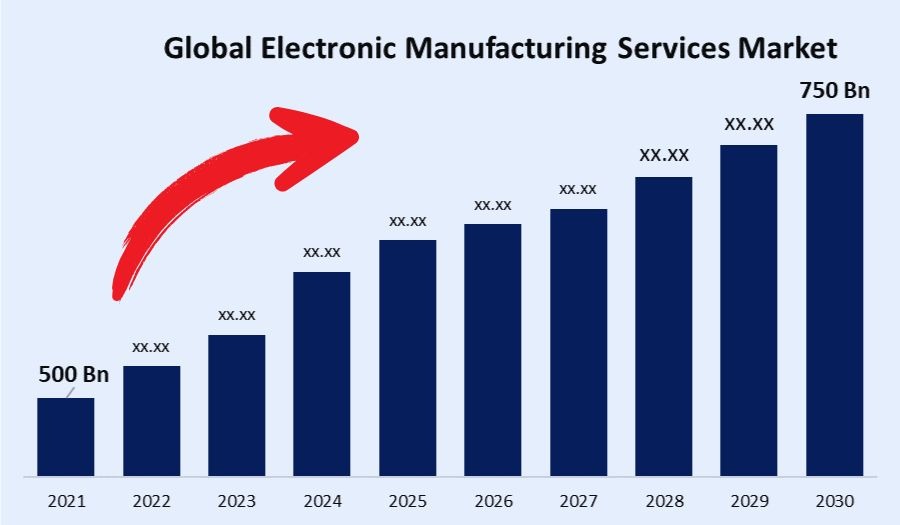Navigating the Shifting Landscape of Global Electronics Manufacturing Amidst Trade Turbulence
The global electronics manufacturing industry stands at a critical juncture, influenced by geopolitical tensions, evolving trade policies, and the imperative for supply chain resilience.
4/30/20252 min read


The global electronics manufacturing industry stands at a critical juncture, influenced by geopolitical tensions, evolving trade policies, and the imperative for supply chain resilience. A recent statement by Taiwan's Pegatron, a key supplier for tech giants like Apple and Dell, underscores the industry's vulnerability to abrupt policy shifts, particularly the tariffs imposed by the U.S. administration. These developments not only threaten supply chain stability but also highlight the intricate interdependencies that define modern electronics manufacturing.
The Ripple Effects of U.S. Tariffs
Pegatron's chairman, T.H. Tung, expressed concerns over the "on-again, off-again" nature of U.S. tariffs, which have created uncertainty for American retailers and disrupted shipment decisions. He warned that within two months, U.S. store shelves might resemble those in underdeveloped regions, with consumers facing empty shelves due to delayed shipments and cautious importers.
The unpredictability of tariff policies has led to hesitancy among U.S. importers, who are uncertain whether to ramp up shipments during temporary tariff pauses, fearing potential reversals. This uncertainty hampers the seamless logistics that are central to modern global supply chains.
Diversification and Supply Chain Resilience
In response to the volatile trade environment, Pegatron has been diversifying its manufacturing bases beyond China, establishing facilities in countries like Vietnam, Indonesia, and India. However, even these regions are not immune to U.S. tariff policies, as recent levies have targeted goods from these nations. Despite these challenges, Pegatron remains committed to its long-term diversification plans, emphasizing the need for stability in manufacturing strategies.
Broader Economic Implications
The escalating trade tensions between the U.S. and China have broader economic ramifications. The U.S.-China Business Council warns that American exports worth $140.7 billion and approximately 862,467 U.S. jobs are at risk due to the ongoing trade war. Industries ranging from agriculture to semiconductors are affected, with states like California, Texas, and Illinois facing significant exposure.
Moreover, the U.S.'s focus on goods tariffs overlooks its strength in services trade, where it maintains a significant surplus. Experts caution that other countries might retaliate by imposing restrictions on U.S. services, potentially undermining a vital sector of the American economy.


The Path Forward
To navigate this complex landscape, stakeholders in the electronics manufacturing industry must prioritize supply chain resilience, diversify manufacturing locations, and advocate for stable trade policies. Collaborative efforts between governments and industry players are essential to mitigate risks and ensure the continued growth and stability of the global electronics sector.
Conclusion
The global electronics manufacturing industry is at a crossroads, challenged by geopolitical tensions and shifting trade policies. Pegatron's experiences highlight the fragility of current supply chains and the urgent need for strategic diversification and policy stability. As the industry adapts to these challenges, a concerted effort to build resilient, diversified, and collaborative frameworks will be crucial for sustaining growth and innovation in the years to come.
